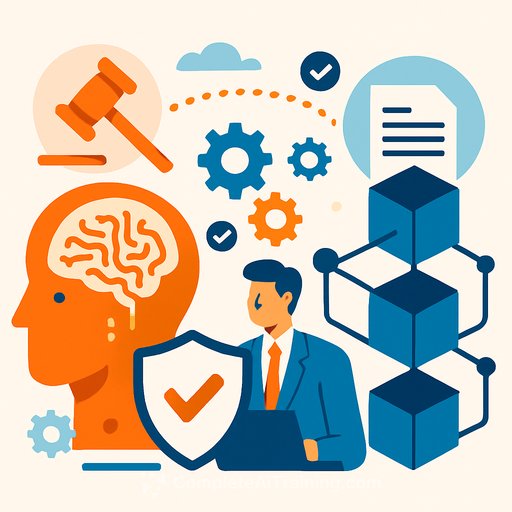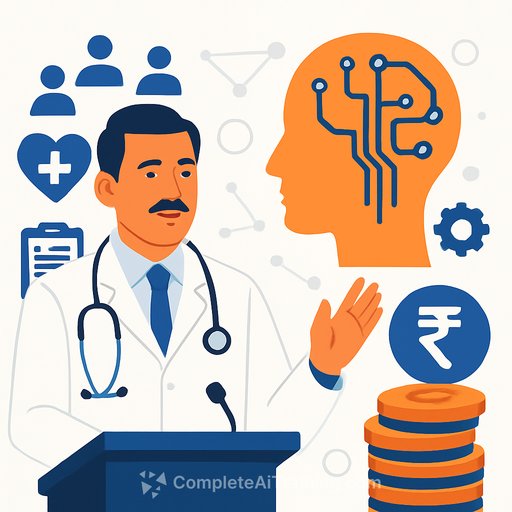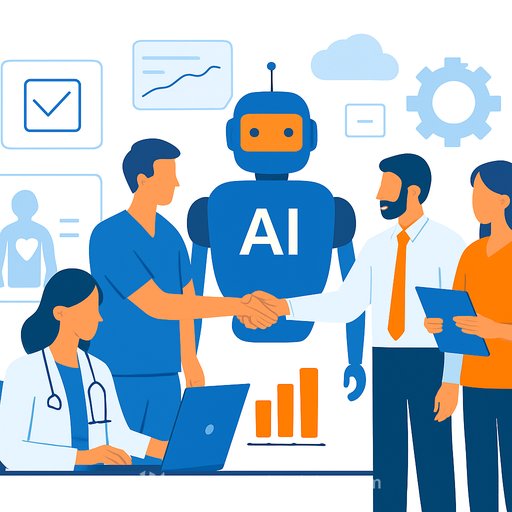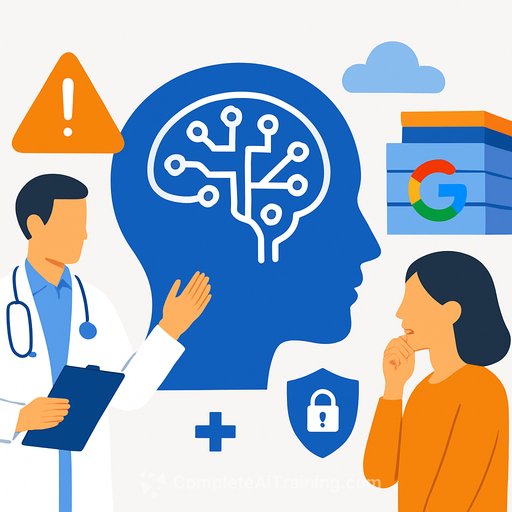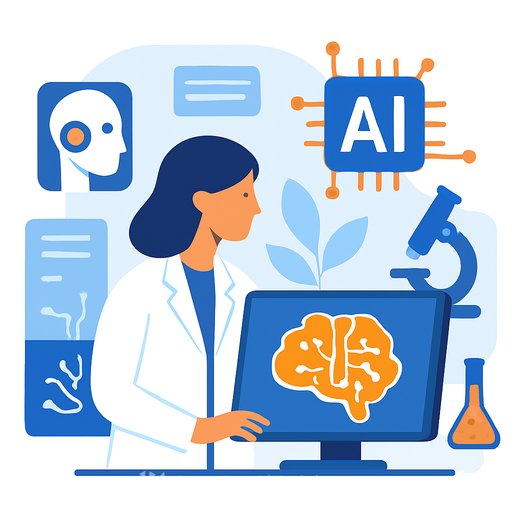AI and Blockchain: Building Transparency in Healthcare
Artificial intelligence (AI) is transforming healthcare, from improving diagnostics to personalizing treatment plans. Yet, as AI tools become more central to patient care, concerns about their transparency and reliability grow. AI systems often operate as "black boxes," making it difficult to understand how they reach decisions. This lack of clarity raises issues around bias, data integrity, and safety—critical factors when patient outcomes are at stake.
Bias can arise from flawed training data or algorithm design, which risks leading to incorrect diagnoses or treatment recommendations. Even more concerning are backdoor vulnerabilities—hidden weaknesses intentionally embedded in AI systems—that could be exploited, threatening patient safety.
Why Blockchain Matters for AI Transparency
Integrating blockchain technology with AI offers a practical solution to these challenges. Blockchain’s decentralized and immutable ledger can record every step of AI development, including data sources, model versions, and decision logs. This creates an auditable and tamper-proof history of AI processes, making it easier to track and verify how AI systems function.
Healthcare applications benefit greatly from this approach. For example, blockchain can ensure that patient data used to train AI models remains accurate and unaltered. It also supports ethical data use by giving patients control over their personal health information. Projects like Ocean Protocol demonstrate how decentralized data marketplaces can promote transparency and fairness in data sharing.
Practical Uses in Healthcare
- Securing Patient Data: Blockchain logs paired with AI diagnostic tools help prevent unauthorized data tampering, which is crucial for maintaining accurate medical records.
- Audit Trails for AI Decisions: Every AI recommendation can be traced back to its data and model version, allowing healthcare professionals to verify and trust AI outputs.
- Compliance and Fairness: Automated smart contracts can enforce fairness rules and compliance standards in AI applications, reducing risks of bias in clinical decision-making.
Financial institutions have adopted similar methods to monitor AI model performance and reduce errors. Microsoft’s Azure Blockchain Data Manager provides transparent data sourcing for AI workflows, a concept that can be adapted to healthcare environments to boost trust and accountability.
Governance and Ethical Oversight
Blockchain also enables effective governance mechanisms through smart contracts and Decentralized Autonomous Organizations (DAOs). These tools can enforce ethical guidelines, halt AI deployments if issues arise, and trigger audits when anomalies are detected. Systems like ETHOS propose creating immutable registries of AI agents, improving accountability and compliance through collective oversight.
For healthcare, such governance means AI tools must meet strict ethical standards before they influence patient care, reducing risks and ensuring safer outcomes.
Building Trust in High-Stakes Healthcare
In healthcare, where errors can have serious consequences, blockchain’s ability to provide a clear record of AI updates and validations is critical. This transparency minimizes risks, helping medical professionals trust AI recommendations. Moreover, AI can enhance blockchain by automating audits and detecting vulnerabilities faster than human review alone.
These combined strengths make AI and blockchain a promising pair for improving patient safety, data integrity, and ethical AI use in healthcare.
Conclusion
AI holds great promise for healthcare, but without transparency, its risks increase. Blockchain offers a way to create clear, immutable records of AI processes, enforce ethical governance, and automate fairness controls. This approach transforms AI into a technology that healthcare professionals can trust—one that supports safer, more accountable patient care.
For healthcare professionals interested in learning more about AI and its responsible use, Complete AI Training offers courses focused on practical AI applications in various fields, including healthcare.
Your membership also unlocks:

